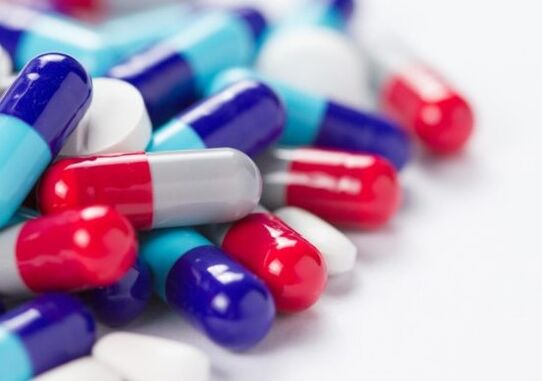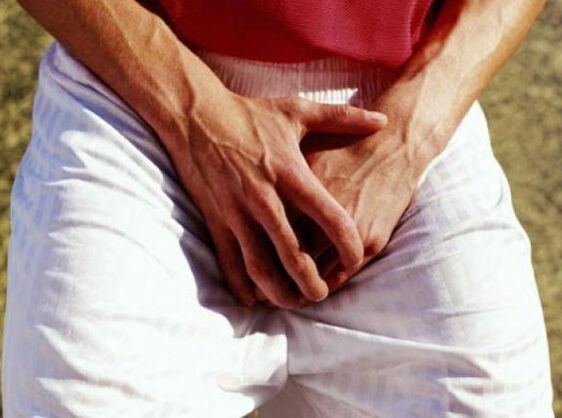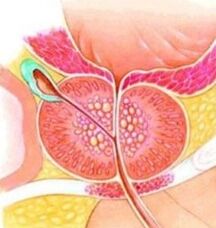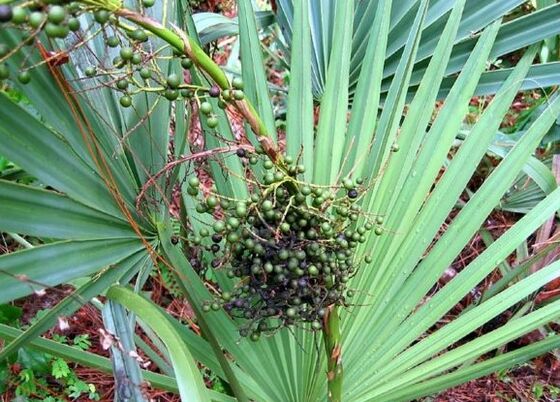Prostatitis is an inflammatory disease of the prostate gland, which develops against the background of exposure to some pathogenic factors immediately (such as urinary tract infections, a stagnation of secretory fluid in the seed vesicles, a violation of venous outflow in the vessels of a small pelvis, etc. ). The polyetological nature of the prostatitis determines the need for a comprehensive approach to treatment. The therapy protocols consist of, as a rule, of some medicines aimed at eliminating the infectious pathogen (in the case of bacterial inflammation), relieving the inflammatory process, normalizing veins and lymph-pod, as well as eliminating remaining inflammatory phenomena to prevent repeated relaps.

Prostatitis drug therapy remains one of the main and affordable methods of outpatient treatment. At home, a man can use rectum suppositories, tablets, capsules. Ointments and gel for inflammatory prostate diseases are rarely used due to the concern of their application. Injection and instillations (introduction of antiseptics, antibiotics and solutions directly on the prostate part of the urethra) are performed in the clinic procedural office or in a urological hospital.
Free Antibiotics (Basic Therapy)
Antibiotics are medicines that can suppress the growth of live microorganisms to very low concentrations and cause death. The drugs of this group are indispensable for the treatment of infectious prostate, which accounts for up to 78% of cases of the total number of men with inflammatory prostate disease. Antibiotic therapy with bacterial prostatitis and prostatostatin (combined inflammation of the prostate glands and bladder) has its own characteristics to consider when choosing an effective treatment regimen.
Pay attention!Patients with severe immunosuppression (inhibition of an immune response against the backdrop of non -specific interaction) especially need the correct choice of an adequate dose of antibiotics, which would provide a pronounced bactericidal effect. Self -medication in severe forms of immunity of immunity can be not only ineffective but also dangerous to health due to a high risk of superinfection.
Cheap bactericidal medicine

When using antibiotic therapy, it is important to achieve a bactericidal effect, which consists not only in suspending the lives of pathogens but also in their death. For the treatment of prostatitis, especially in the case of a recurrent or chronic course, it is advisable to use maximum therapeutic doses with a duration of therapy for at least 28 days (for oral dosage forms).
They are less commonly used for the treatment of prostate, antispasmodics are used based on 1%Papaverine hydrochloride. Papaverine preparations are advised to be used during irritation as well as in chronic pelvic pain syndrome. They are used concentrated in the form of suppositories for 1 candle 2 times a day. The recommended course of treatment is 10 days.
Urodynamics correspondents based on animal prostate hood
Extract prostates (extract) is a polypeptide extract extracted from the dry tissue of the prostate gland of young gobies that have reached sexually mature and ready for insemination (bulls aged 7-10 months). Preparations based on such an extract are shown only for the treatment of chronic forms of prostatitis (congestive, aseptic, chronic bacterial and asymptomatic prostatitis) or prostate adenomas in stages 1-2.
Treatment with medicines of this group, which are produced in the form of candles, tablets (capsules) and lyofilizates, gives a very sustained positive effect at approximately 31. 3% of patients, which is considered a very high indicator that determines the encompassing prostate extract in the comprehensive prostate disease. The therapeutic effect of animal preparations is manifested by the following urodynamic improvements:

Prostate extract also has a positive effect on metabolism and metabolism on the glandular tissue, chemical and reologous indicators of prostate secretion.
Extracts the drugs of Serenoa drug
Serenoa Movem (Palm, Palm Creeeping) is a medicinal plant, the unique properties of which in the treatment of inflammatory diseases of the genitourinary system in men were first discovered by ancient Indians. So far, the Sabal palm extract is used by non -evidence -based drug methods as an auxiliary tool for treating inflammatory pathologies of the prostate gland (including DHCH).
According to their pharmacological properties, medicines made on the basis of a trailing palm extract relate to medicines that correct urodynamic indicators and help create metabolic processes in the prostate gland. Like the funds based on the prostate extract, these medicines have a very high cost, so patients with disabilities should provide all the information about the most affordable medicines of this group.
In hospitals, dry sabal sabal extract can be used in the form of injections and infusions.
Microcyrulation correctors
Angio-transceptors and practitioners of microcirulation are indispensable for stagnant forms of prostatitis, which develop, as a rule, against the backdrop of a sedentary lifestyle and hypo-dinamic disorders. Funds of this group have vasodilative and angioprotective action, prevent platelet accumulation, improve blood flow and lymphatic fluid in the blood vessels of the microcyroid.

Pay attention!If it is necessary to perform diagnostic manipulations that require the use of invasive methods, to cancel blood flow drugs, at least 3 days before examination.
What other medicines are prescribed for the treatment of prostatitis?
The combination of medicines, the use of which will be effective and appropriate in each case, is determined by the doctor. In most cases, drugs from the NSAID group (Diclofenac, ketoprofen) are used to stop the inflammatory process. At the recovery phase, the use of carnitine, vitamin and vitamin products is indicated. For abundant washing of the urinary tract in patients with a high risk of growing infection, diuretics are prescribed. The use of plant tariffs with diuretic and anti -inflammatory effects is also shown.
During acute inflammation, analgesics and antipyretics are prescribed to eliminate heat and reduce pain. Alpha blockers are prescribed to patients with pronounced urination disorders, associated with pain.
What to do with chronic inflammation: useful tips
In chronic stagnant, bacterial or aseptic prostatitis, it is important not only to take medication prescribed according to the recommended scheme, but also to eat properly, as well as adjust the lifestyle in such a way as to eliminate all provocative factors.

Further observation after the main treatment phase involves the consultation and inspection of the urologist at least 3-4 times a year, as well as the passage of laboratory diagnostics (urine study, prostate secretion) and ultrasound of the gland and bladder.
Medications are the basis of underlying prostate therapy and other inflammatory diseases of the genitourinary system. The pharmaceutical industry offers a large selection, so you can choose free and effective medicines with any form and stage of the prostate. Only the attending doctor should make any appointment, taking into account the dynamics of the disease and the individual characteristics of the patient. Self-medication, especially medicines with antibacterial effects, is unacceptable due to a high risk of superinfection.























